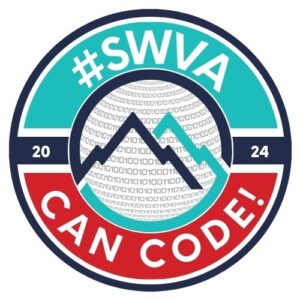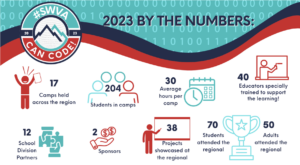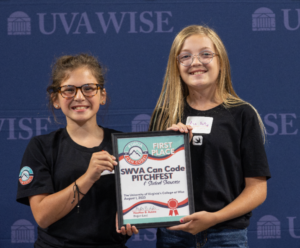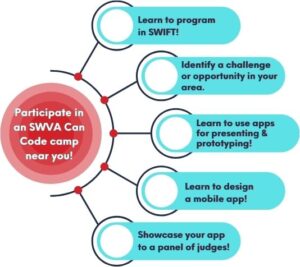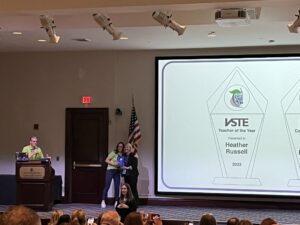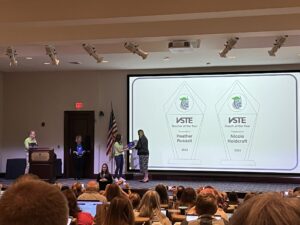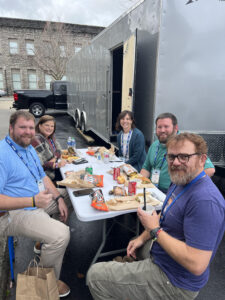 When two newly-minted instructional technology resource teachers went to the administration in Washington County, Virginia with an idea for a mobile technology lab, they were met with a resounding YES, after which they had to figure out how to make it happen. Andrew Smith and Thomas Larimer join Activated Learning podcast host Tom Landon to share how they created a trailer that contains drones as well as virtual reality and robotics equipment. Now that trailer travels the mountain roads of their rural county to bring state-of-the-art learning opportunities to teachers and students while maximizing the investment in teaching tools for the county.
When two newly-minted instructional technology resource teachers went to the administration in Washington County, Virginia with an idea for a mobile technology lab, they were met with a resounding YES, after which they had to figure out how to make it happen. Andrew Smith and Thomas Larimer join Activated Learning podcast host Tom Landon to share how they created a trailer that contains drones as well as virtual reality and robotics equipment. Now that trailer travels the mountain roads of their rural county to bring state-of-the-art learning opportunities to teachers and students while maximizing the investment in teaching tools for the county.
Listen to the ActiVAtED Learning Podcast
For a video version of the podcast, please visit the link below.
https://youtu.be/aB2tzFICy4c

